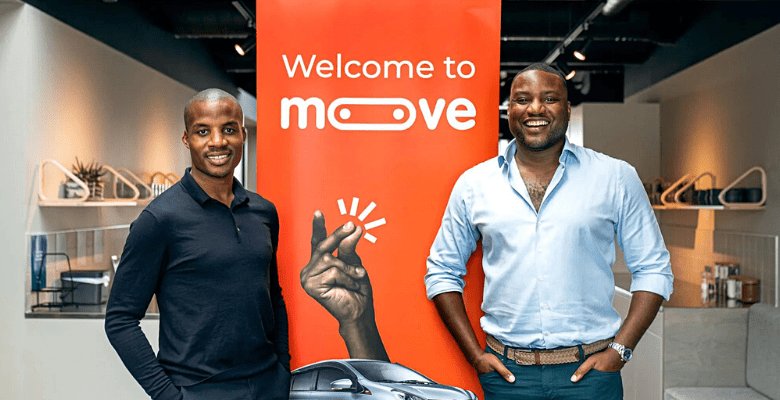$76 M new funding secured by Nigerian mobility fintech Moove to support growth

Uber’s largest vehicle supply partner in EMEA, Nigeria’s Moove, a mobility fintech company, has announced an additional US $76 million in funding to support further global expansion.
By offering revenue-based vehicle financing to mobility entrepreneurs, Moove is democratizing vehicle ownership in Africa. It was founded in 2019 by British-born Nigerians Ladi Delano and Jide Odunsi.
The ride-hailing, e-logistics, and instant delivery platforms that Moove integrates its alternative credit scoring technology into allow it to use its own performance and revenue analytics to underwrite loans to drivers who were previously denied access to financial services.
The startup already has very strong financial backing in the form of debt and equity investments, and it has now announced additional funding of US$76 million to support its ongoing growth. Over US $335 million has been invested since the company’s founding thanks to the new capital.
The most recent round includes US $28 million in equity from new and current investors in a process led by Mubadala Investment Company, US $10 million in venture debt from funds and accounts managed by BlackRock, and US $38 million in previously undisclosed funds raised over the previous 12 months. In order to further its goal of creating the biggest tech-driven financial services platform for mobility entrepreneurs and to solidify its position on the international stage, Moove said it would use the funding.
“We are excited to be partnering with Mubadala and BlackRock to double down on our already profitable markets including the UAE, India, UK, and South Africa, as well as continuing to invest in our customer experience and accelerate our product development to deliver group-wide profitability within the next 12 month,” Delano said.
Faris Sohail Al Mazrui, head of ventures and growth at Mubadala, claimed that Moove had developed a highly scalable tech-enabled platform to support mobility entrepreneurs globally by granting them access to credit and other financial services that they had not previously had.
“This is a hugely underbanked and underserved market that we believe has significant long-term potential,” he said.




